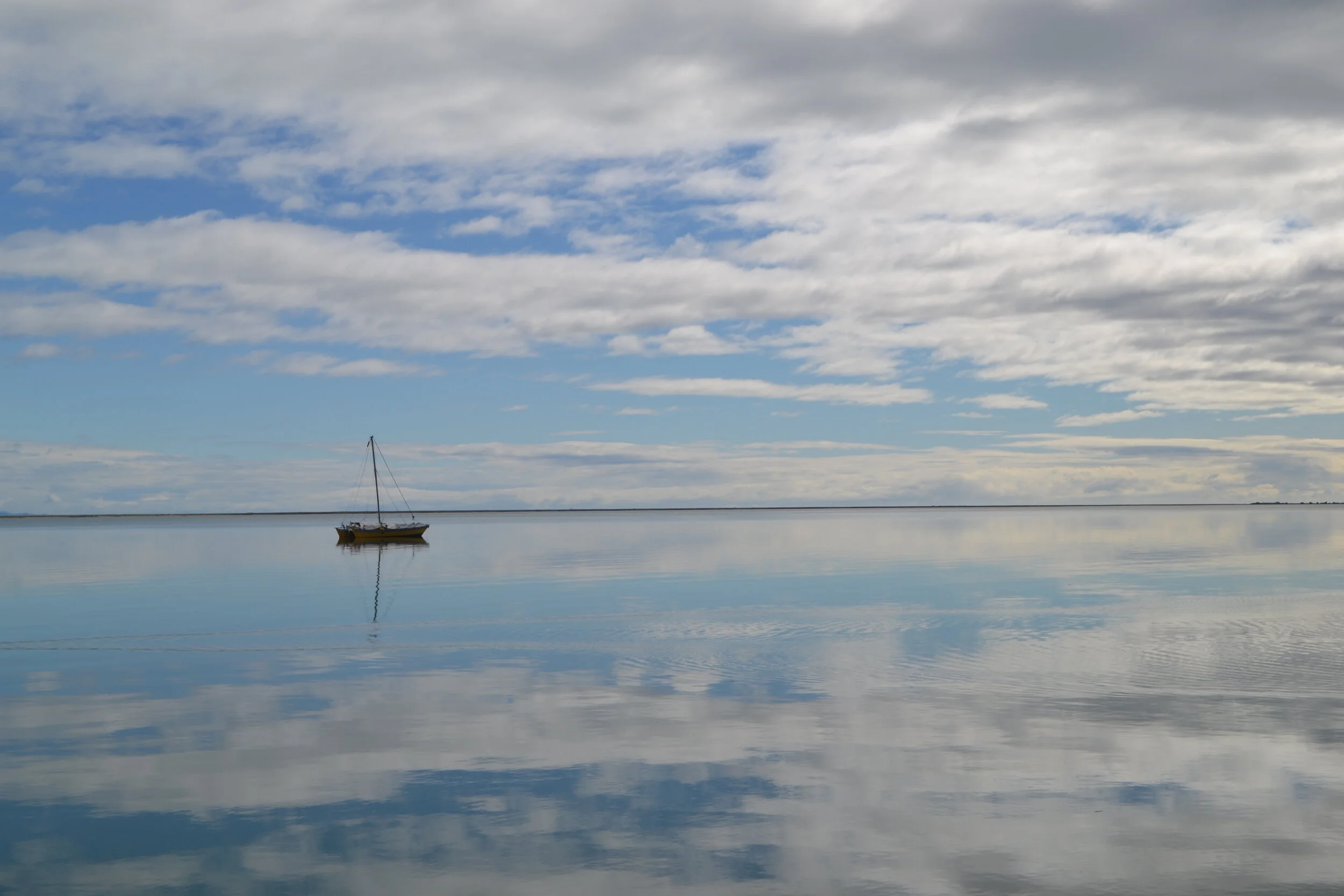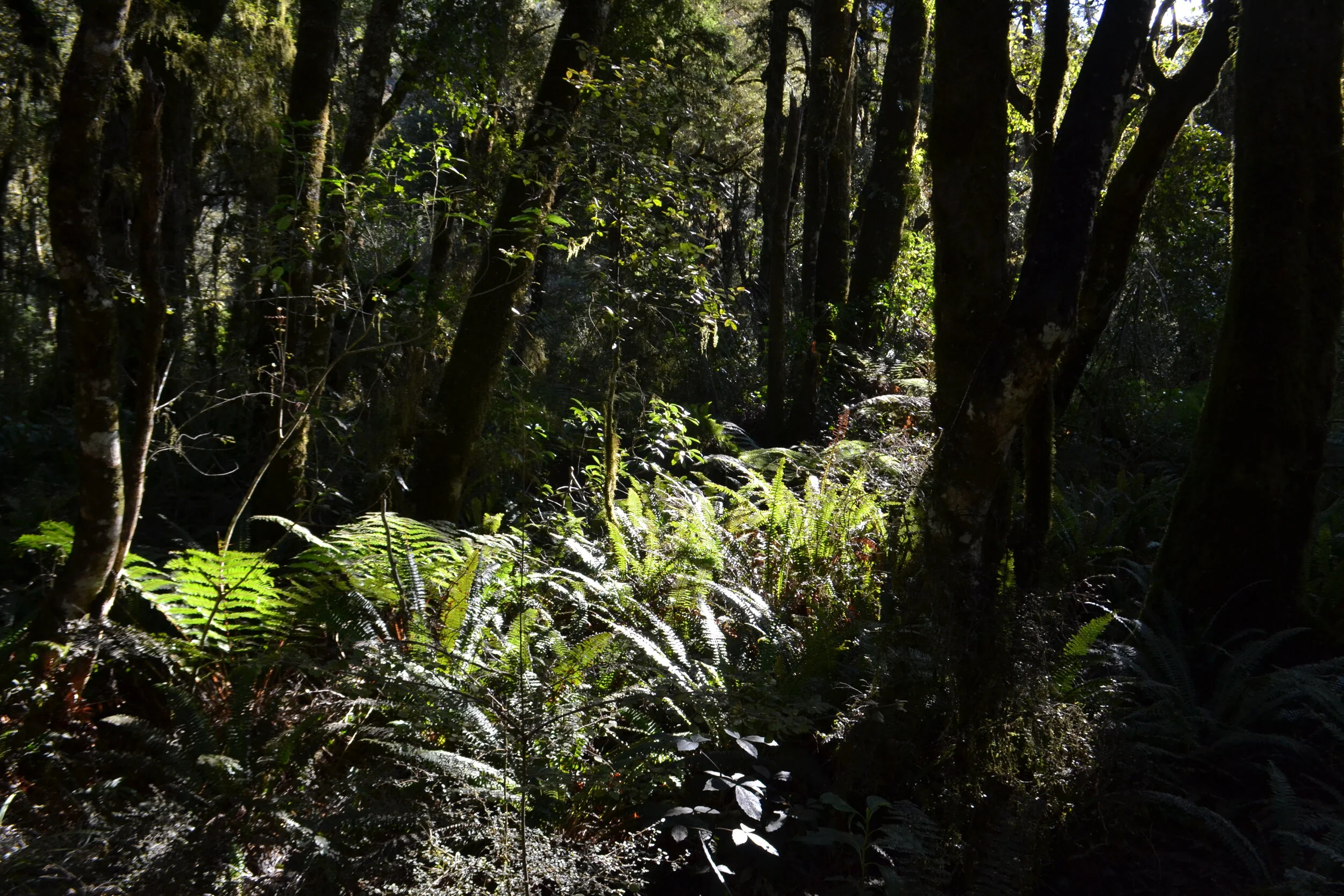This must surely be the most extraordinary start of a school term any of us have ever known.
The end of the Autumn term and the start of the Spring term blurred into one as we anticipated, planned, then re-planned, caught in a kaleidoscope of frustration and anger at the situation we are now in. It is these experiences that, like a vortex, pull us upward into spiraling thoughts, forever leaning into the future, anticipating what might be and questioning whether or not we are up to the task.
An article from March 2020, which you can find here noted that the strongest emotion we are feeling at the moment is ‘anticipatory grief’. We’re spending much of our time worrying about and grieving for that which has not yet happened. It is exhausting and erodes our wellbeing.
So, how do we handle this? We come into the present moment. We become more aware when we are squaring ourselves up for anticipatory threats, and problems that have not yet happened. We ground ourselves so we are able to be with whatever is and remain balanced, calm and resilient. We practice being fully present as leaders.
I have worked with over 600 leaders during the course of the pandemic practicing just this. Through this, we have explored how we demonstrate to our school community by our words and deeds that ‘this is how we live through a pandemic, this is how we open up to great uncertainty, fear, and sadness, this is how we share our feelings, are kind to each other and lead with great compassion.’
So what are we cultivating? There are three habits that seem to be the most helpful and resonate with the core principles these leaders live by.
Calmness and Composure
Driven by the maelstrom of daily demands and constant business we can fall into a partial view of the world, dealing with immediate calls on our attention and then moving quickly onto the next thing. When caught in this we are more likely to react from worry, annoyance or overwhelm and all too often, in hindsight, regret the action we took, the words we spoke, the look we gave.
One leader described this feeling as ‘every day at the moment I feel like I am skimming stones across a river – except I’m the stone. I’m catapulted across, sometimes, but not always landing safely on the other side’. No-one wants to feel trapped in this hurried, and superficial approach to our leadership.
Why not practice finding micro moments of pause in the day when we ask ‘what’s going on right now and can I be with it?’. Pause and note any thoughts, sensations, or emotions that might be present calmly and in stillness, resisting briefly the impulse to fix, to change or to take action.
Before speaking, before picking up the phone, before walking into the meeting try instead stopping, feeling your feet on the ground, letting gravity steady you. Take a couple of deep breaths, and then proceed. See what difference it makes.
Attentiveness and Awareness
Can we be fully present for each moment as it arises? Can we find moments in our day when we stop and simply bear witness to what is happening? Try taking a walk round school, opening up your senses and being fully attentive to sounds, smells or sights. When your mind tugs for attention, trying to pull you away from fully inhabiting the moment, stop, pause, take a breath and carry on bringing your attention back to your senses.
In this way, we practice paying attention to each moment, inhabiting the moment fully; focused and present, using our “torch beam of attention” to illuminate fully our thoughts, emotions and sensations. We see life as it is without our usual filter, bias or preconceived notions of ‘how it should be’.
Compassion and Kindness
Can we keep our spirit of curiosity and kindness alive? Try noticing each time your thoughts incline to judgment, or blame, of yourself or others. Be aware and open to when self doubt is creeping in - a natural tendency when we are living with uncertainty. Practice stepping back from these thoughts and ruminative tendencies.
Instead of saying to yourself ‘here I go beating myself up again’ name the thought; ’blame is here’, ‘self doubt is here’, 'here comes the inner critic again’. This can help us to see these thoughts as mental fabrications and not ‘me’. Naming them can, even slightly, help them release their hold on us.
John Kabat Zinn, who has pioneered Mindfulness based stress reduction and is the Head of the Massachusetts Centre for Mindfulness in Medicine, Health Care, and Society, describes cultivating habits such as these as both a ‘radical act of love’ and ‘a loving act of sanity’.
Love and greater sanity - worth exploring further?
Thank you to HeadRest for originally publishing this blogpost. A brilliant organisation where wise and very experienced school leaders offer a free, daily, wellbeing telephone support service for Headteachers and CEOs.


